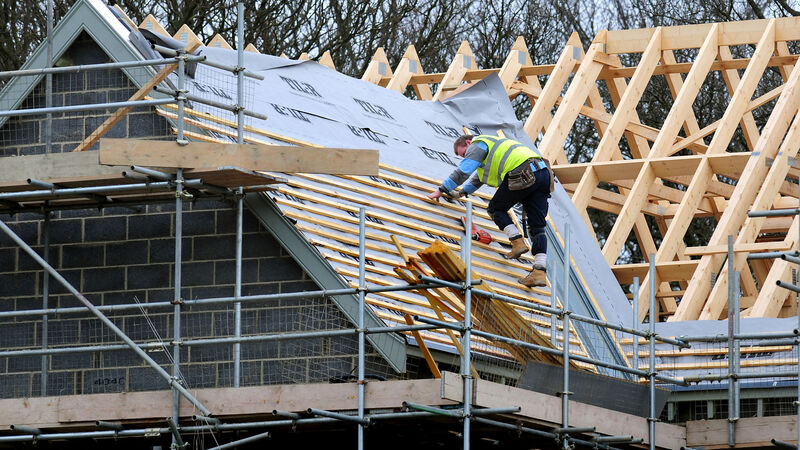Jim Power: 2023 was good year for the economy but 2024 may be more challenging

Domestically, housing will dominate the agenda, although it seems reasonably safe to assume that the global interest rate cycle will turn down in 2024, maybe sooner rather than later.
As we end 2023, the signals on the economy are somewhat mixed. The latest data from the Central Statistics Office (CSO) show that the economy, measured by the very unreliable GDP metric, has contracted every quarter over the past year, and even that more accurate metric, modified domestic demand has been quite weak and was flat during the third quarter.
Consumer spending has held up quite well but has moderated; business investment has slowed; and the export performance has deteriorated, mainly reflecting some issues in the multi-national export sector.












